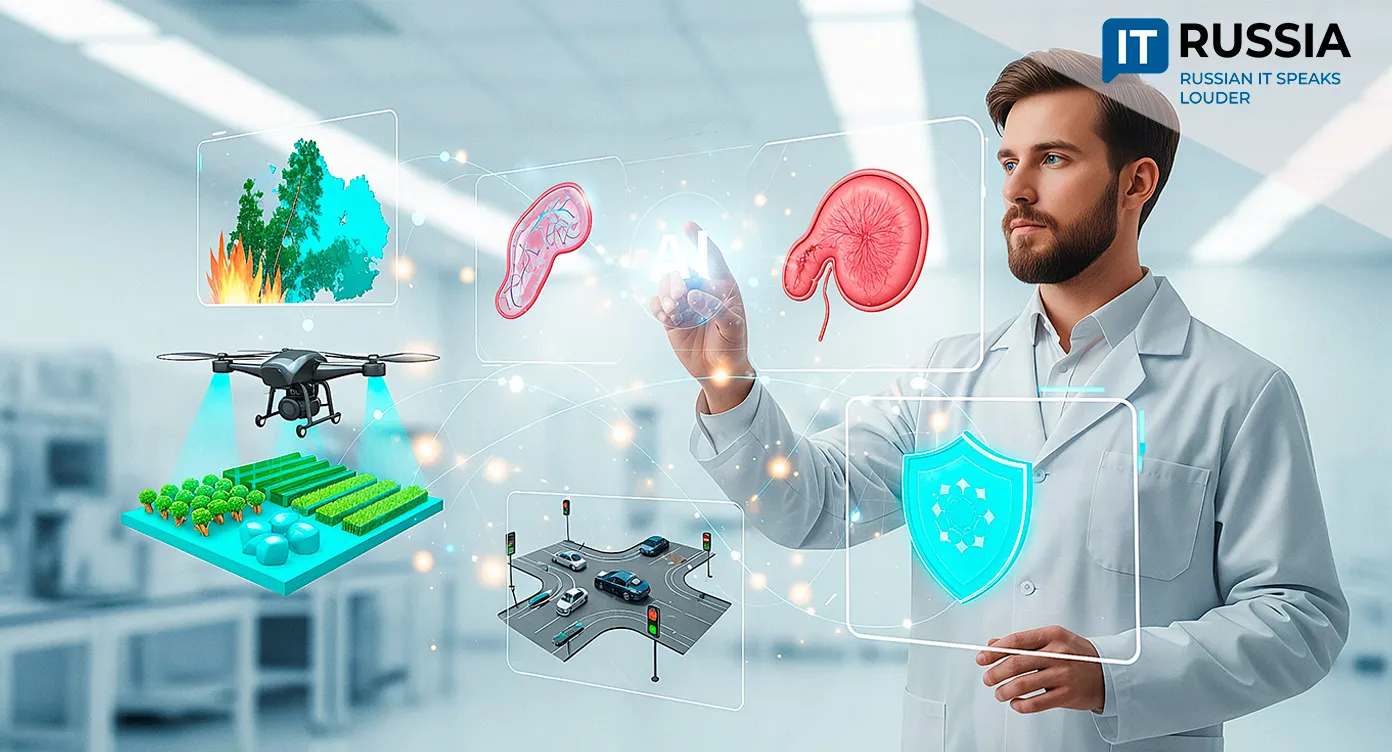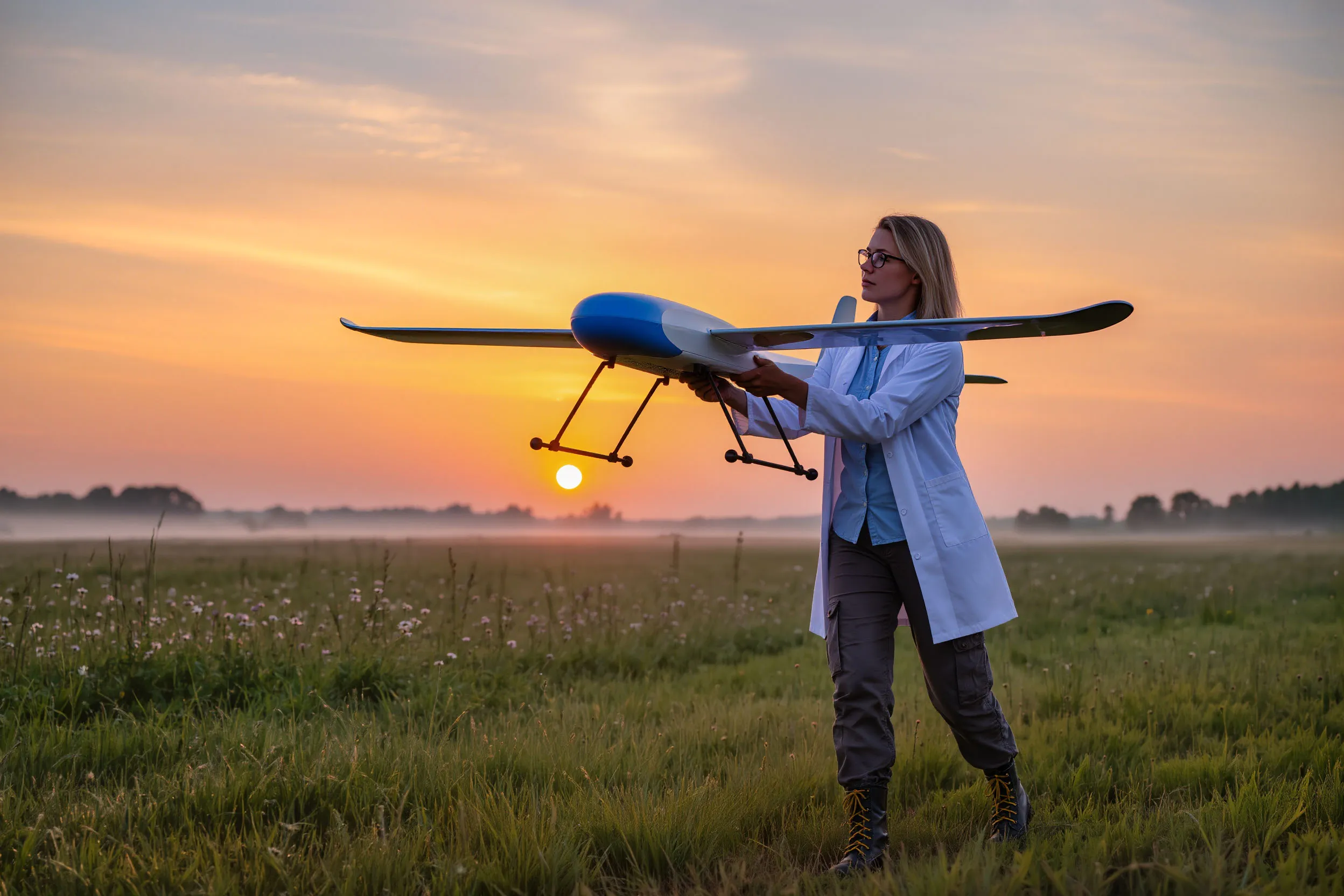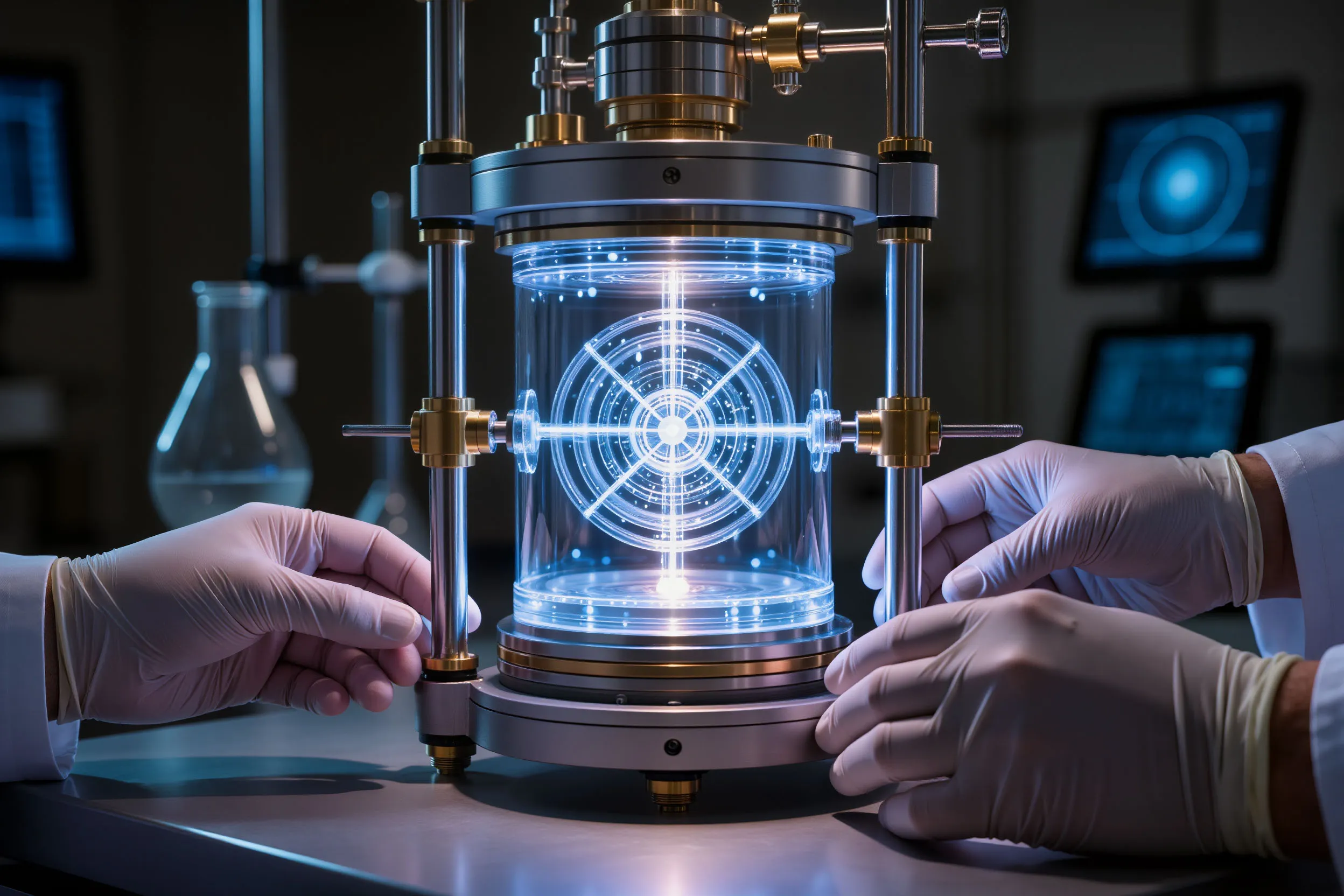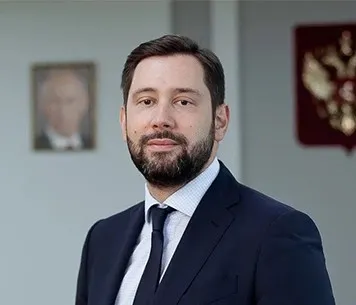Russia Is Becoming a Leader in Practical AI Solution
Russia is seeing a rapid rise in patent applications for artificial intelligence technologies, signaling a shift toward practical, problem‑solving systems designed to address environmental, medical, and industrial challenges.

From Wildfires to X-Rays: AI at Work Nearby
While global attention focuses on AI giants like ChatGPT, Gemini, and Claude, Russia is developing its own stream of highly practical, real‑world systems. According to Rospatent, the country registered 1,650 AI‑related inventions in 2024, and 1,270 more in the first 10 months of 2025. These now account for 3 to 4 percent of all patent filings—a modest figure, but a clear sign of momentum.
In Siberia, where wildfires consume tens of thousands of hectares, neural‑network models forecast ignition points days in advance by analyzing satellite data, weather, and fire history. In hospitals, AI systems automatically measure tumor size with millimeter‑level precision, eliminating manual effort. On farmland, drones apply fertilizer only where needed. In cities, smart traffic lights detect pedestrians and adjust flows. Online, neural networks detect phishing websites within seconds, shielding millions from fraud.

These systems represent real, deployed Russian technologies. Their strength lies not in scale, but in solving targeted, high‑impact problems in safety, healthcare, ecology, and resource management.
Technological Sovereignty as Strategy
After 2022, many predicted Russia would fall behind in the global AI race. Instead, companies accelerated development, replacing imported technologies and treating AI as a tool of national resilience. Rising patent activity suggests that developers are confident in their ideas and ready to commercialize them—a hallmark of a maturing market.
Seventy‑seven of Russia’s 89 regions have filed AI‑related patents, showing that innovation is expanding far beyond Moscow’s research hubs. This broad footprint forms the basis for long‑term digital sovereignty.
Where Russian AI Can Lead Globally
Russian systems are unlikely to outcompete U.S. or Chinese leaders in generative AI, but they excel in localized, resource‑efficient applications.
In agricultural countries across Africa or Central Asia—where powerful cloud services are limited but large farmlands must be managed—AI crop‑management tools developed in Krasnodar may offer an ideal solution: affordable, reliable, and lightweight.

The same applies to wildfire prediction in forested regions, energy optimization in cold climates, and medical diagnostics in understaffed clinics. In these contexts, Russian AI provides not an alternative, but a necessity.
Still, successful export requires certification, local adaptation, and long‑term service models—challenges Russia is actively addressing.
From Patents to Industrial Deployment
Most filings today represent prototypes and pilot projects—expected in any early‑stage technological cycle. Over time, many will evolve into full‑scale deployments.

Demand is climbing: companies, universities, and government agencies increasingly integrate AI into operations. Yakov & Partners estimates Russia’s AI‑driven economic potential could reach $244 to $399 billion by 2028. Yet only 20 percent of companies currently use AI, suggesting enormous room for expansion.
Achieving this growth requires three pillars: engineering talent familiar with AI and industry‑specific challenges, infrastructure such as cloud platforms and computing resources, and a stable legal framework governing patents, data protection, and AI accountability.
What Comes Next?
Within two to three years, AI patent filings may reach 5 to 7 percent of all Rospatent applications. This steady rise will bring integrated AI systems, startups with deployable products, and increased public‑sector demand.
AI’s value lies not in writing poems, but in reducing wildfire damage, improving cancer diagnostics, lowering energy consumption, and preventing financial fraud. Russia aims to lead in applied, pragmatic AI—areas where global giants rarely operate.










































